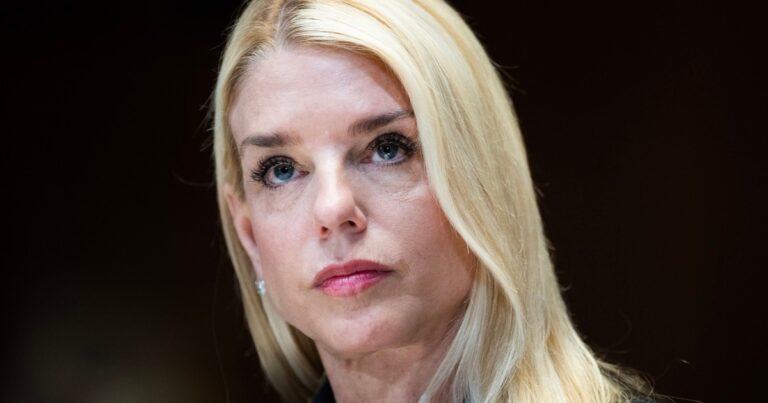Political Motivations Behind Grand Jury Investigation into Obama Administration
Attorney General Pam Bondi’s recent decision to initiate a grand jury investigation involving officials from the Obama administration has sparked extensive debate. This move, connecting to the probe into Russian interference in the 2016 presidential election, raises significant concerns about the politicization of the Justice Department and the implications for American democracy.
The Rationale Behind the Investigation
Bondi’s actions appear to stem from a controversial claim made by National Intelligence Director Tulsi Gabbard. She accused Obama officials of orchestrating a “coup” by manipulating intelligence related to Russian meddling. This narrative echoes a familiar refrain among Trump supporters, who have long suggested that former President Obama colluded with Russia.
Understanding the Grand Jury Process
A grand jury serves as a crucial component of the criminal justice system, responsible for evaluating evidence presented by prosecutors to determine if formal charges should be brought against individuals. However, these proceedings are often criticized as one-sided; prosecutors wield significant control without the presence of a judge or defense attorney, limiting transparency and fairness.
The Risks of a Politically-Driven Grand Jury
The potential for abuse in this context is alarming. As a former New York appellate judge once remarked, a prosecutor could easily convince a grand jury to “indict a ham sandwich.” This reality raises questions about the motivations behind the investigation and the credibility of the evidence being presented.
Previous Investigations and Their Findings
Special counsel Robert Mueller’s investigation earlier concluded that Russian interference in the 2016 election was both “sweeping and systematic,” resulting in numerous charges against individuals. Furthermore, a Republican-led Senate committee affirmed the intelligence community’s conclusions, emphasizing the need for a thorough understanding of Russian interference.
The Broader Implications of This Inquiry
Even if the grand jury finds no basis for criminal charges, the mere act of pursuing such an investigation plays into the hands of a deeply divided political landscape. It can serve to rally Trump’s supporters while distracting from pressing issues, such as economic challenges and low approval ratings for the administration.
A Threat to Democratic Values
This grand jury inquiry underscores a troubling trend in which the Justice Department may be weaponized against political opponents. Such actions not only promote unfounded conspiracy theories but also threaten to undermine the very foundations of American democracy. This maneuver risks dragging the nation toward a future where propaganda overshadows truth and dissent is viewed as a criminal act.
Conclusion: Navigating the Future of Justice and Democracy
While the legal standing of this investigation remains uncertain, the implications for public trust in the Justice Department are profound. It is essential to remember that actions taken under the guise of justice should reflect the overarching principles of fairness and integrity fundamental to democracy.
